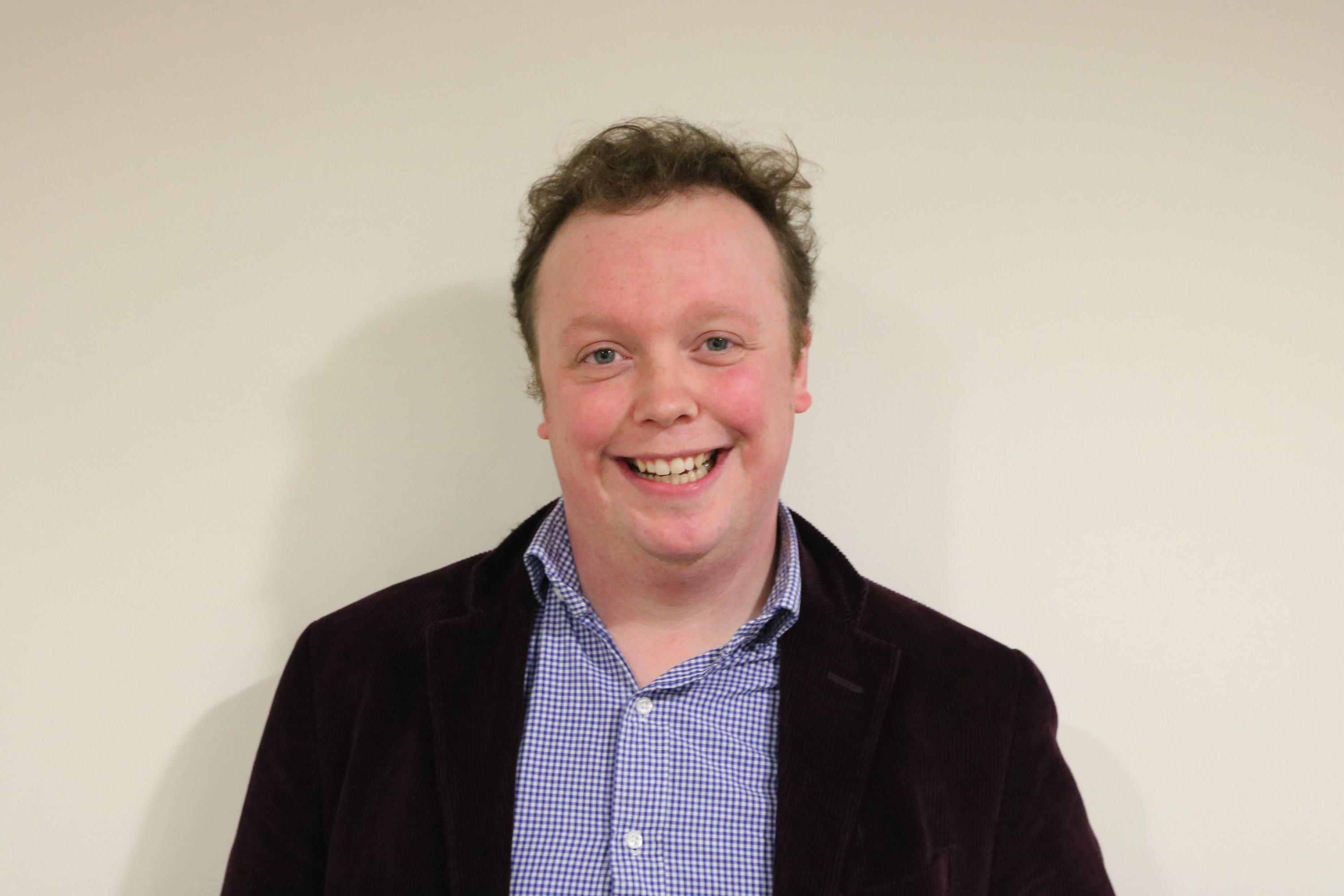Thomas Emmet is a fourth year History student from Co. Wicklow, and currently holds the position of TCDSU Environmental Officer. Being only the second person to act in this role, Emmet believes he has had to work hard to make Environmental Officer a “legitimate position” within the Students’ Union. His success in this role, he says, lies largely in the setting up of the Environmental sub-committee. The creation of new sub-committees is a trend Emmet would like to continue if elected President of the SU, as he believes it would facilitate the realisation of his campaign’s central message: representation and inclusivity for all.
Emmet has identified certain groups of students which he feels have been marginalised by the SU, and would be “open to more criticism of the Union” from these groups as President. He believes that “if you don’t like something”, you should “go and campaign against it”, and feels that the creation of new sub-committees under various sabbatical officers who were “open to more diverse voices” would augment this sort of student engagement with university politics.
“He believes that ‘if you don’t like something’, you should ‘go and campaign against it'”
Emmet believes that harnessing the political potential of Ents could be a way of bringing a larger volume of people “who don’t want to go to a large, long meeting and be serious all the time” into the realm of student politics. In his opinion, Ents is currently “on the periphery of the Students’ Union”. He credits current Ents Officer, Padraic Rowley, with having taken strides to overcome this, but feels there remains “more to be done” in this area.
Speaking on the issue of the Union’s involvement in national politics, Thomas Emmet says it is pivotal to “strike a balance” between larger issues and College-specific matters. He believes that Trinity has a “politicised student body”, and thus the President should reflect this in his direction of the Union towards such matters. He does, however, feel that larger concerns should not detract from student issues, giving the example of the student centre which is currently being developed.
“[…]people can come to the Students’ Union with something to say and be supported but not overrun”
Emmet has been involved in the Fossil Free campaign since its “first or second meeting” but has decreased his involvement this year, believing “they’re their own body, a campaign that the Student Union supports but isn’t necessarily always overseeing, saying ‘Do this, do that’”. This is an approach Emmet would like to emulate if elected President, as he approves of the way “people can come to the Students’ Union with something to say and be supported but not overrun”.
The Students Against Fees campaign is an example of a campaign Emmet feels the SU has successfully supported in this way. He is personally “in complete opposition to student fees” and believes they should be taxpayer-funded on a long-term basis. For the coming year, he thinks the priority lies with continuing to lobby the government on this issue: “it’s important to keep at them [the government] now that we have the mandate from council”.
“I’m very, very pro-Repeal, and the Students’ Union is mandated to be so, but that doesn’t mean their voices [pro-life students] have to be silenced.”
Emmet is personally in favour of repealing the Eighth Amendment and supports the upcoming Strike 4 Repeal, saying: “the strike is really interesting because it encourages both men and women to take part.” Emmet believes “it would be nice to have more men as well”; this would be more akin to the marriage equality campaign, where those within the LGBT community campaigned along with the broader involvement of the student body as a whole. Emmet discussed this issue as an example of an area in which SU representation is narrow at present: “I’m very, very pro-Repeal, and the Students’ Union is mandated to be so, but that doesn’t mean their voices [pro-life students] have to be silenced.”
Defending the idea that many of the points of his manifesto, such as the creation of new lobby groups and sub-committees, appear to be smaller issues rather than headline policies, Emmet explained that every element of his campaign is focused on broadening SU representation. He feels that the issue of inclusivity is often just “an extra line” in the manifestoes of presidential candidates, whereas his campaign makes it the primary focus: “If I was President, I would want to leave the Students’ Union with a larger student engagement, with a larger amount of people who are like, ‘yeah, that thing in House 6 does something’”.
“It’s not my Union[…]It’s the Union of the 17,000 students that it represents.”
When asked to pinpoint the central message of his campaign, Thomas Emmet once again stressed inclusivity: “I want a Union that supports and encourages all voices. It’s not my Union. It’s not the Union of the sabbatical officers or the part time officers. It’s the Union of the 17,000 students that it represents.”







